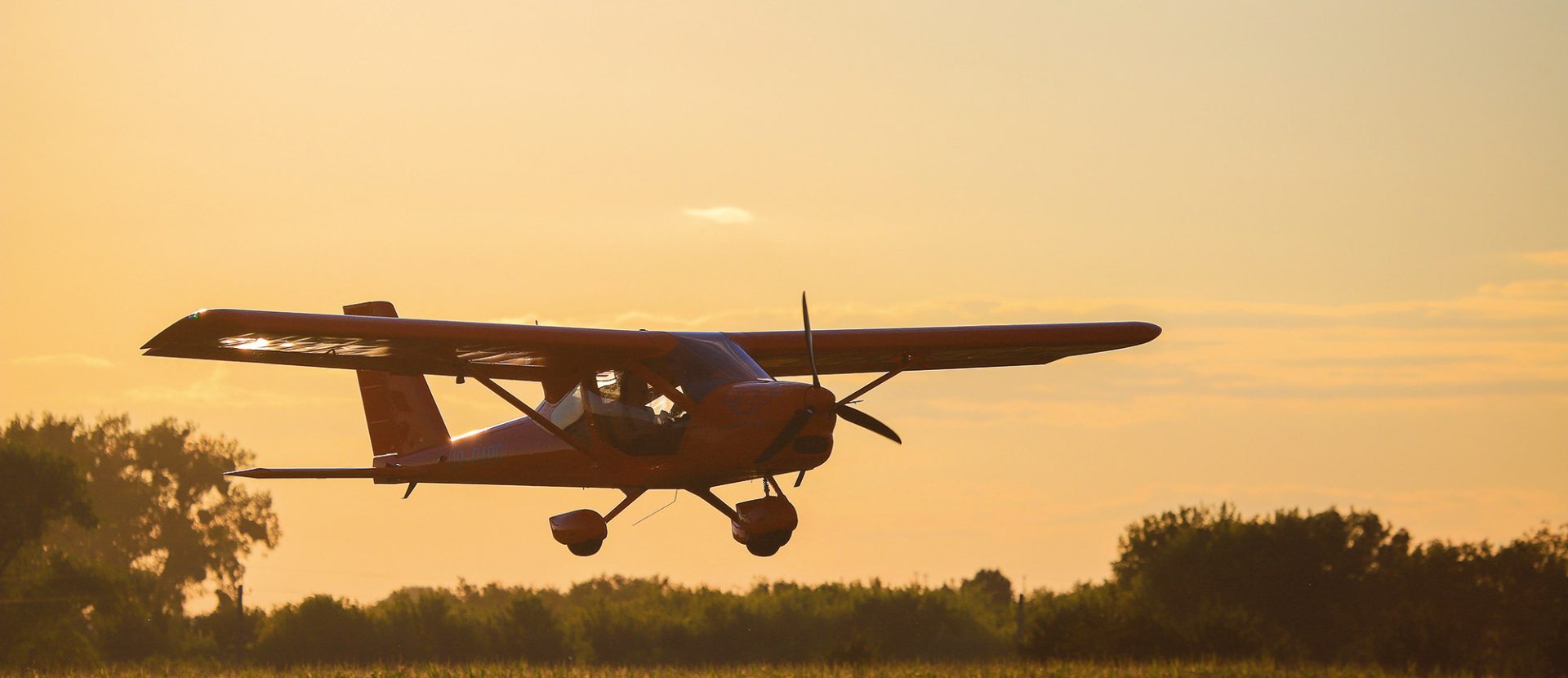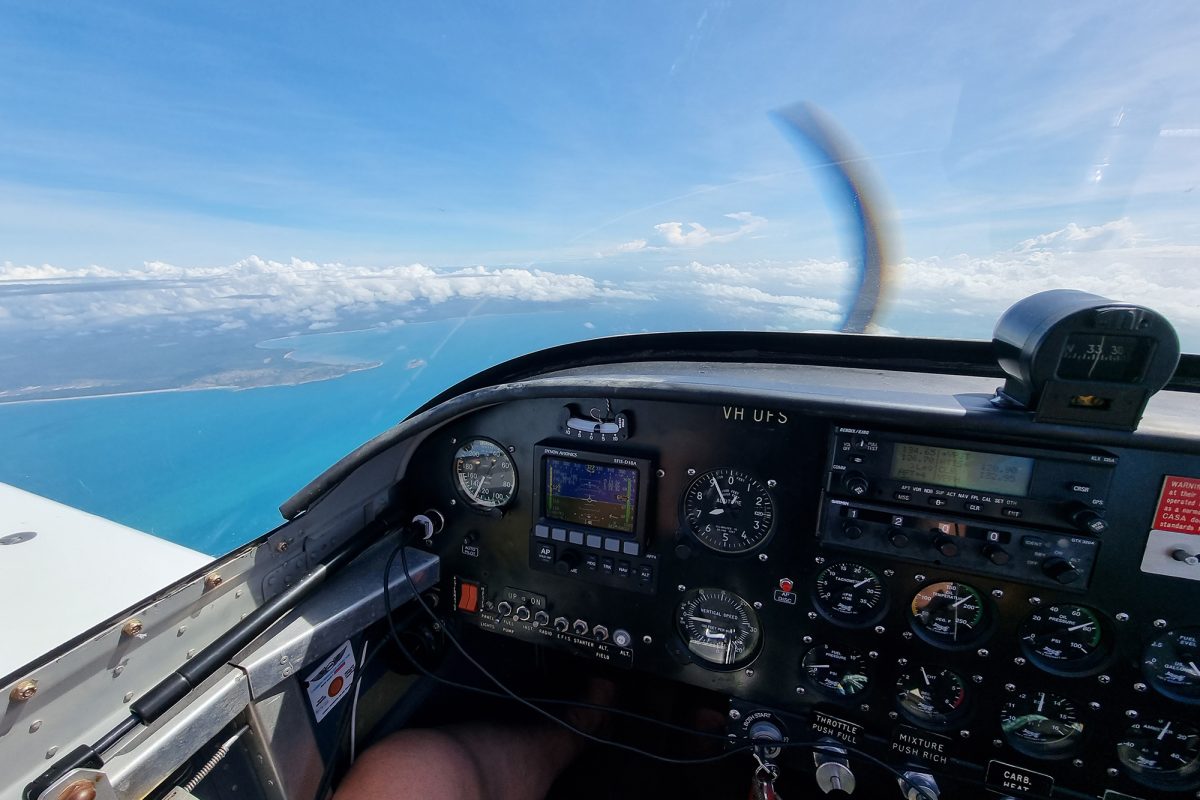Recently, I found myself at a dinner, stuck between expensive suits and evening gowns, with me wearing the sole “nice” shirt and trouser combination that I own. The dinner was at one of those restaurants intended uniquely for business entertaining. Such establishments are ubiquitous; they lack flair or excitement but have a menu that guarantees your guest will not be disappointed, and a wine list designed for some young finance type with an expense account as voluminous as his capacity for empathy is tiny.
I was at the dinner under false pretences, a fact made embarrassingly obvious when the waiter asked me what sort of wine I would like and I answered “red.” I was not expecting a follow-up question, nor an audience from my neighbours at the table when the followup question came from the waiter. “What sort of red wine… sir?” I answered honestly, “I don’t know.”
This brief but disastrous interaction with the waiter seemed to amuse my fellow diners and pointed me out as not “one of them”. This prompted some questions from them as to what I did for a living (“if in fact you do anything” was the unspoken postscript to the question). I answered that I flew aeroplanes. This piqued their interest for a moment until they realised I neither flew Boeing 787s for Qantas, nor F-18 Growlers for the Air Force. Once they learned I instructed on light aircraft, I was relegated to the status of someone they spoke to only out of politeness.
Sometime later in the night (and many bottles of red wine later), I was approached by the now-rather-drunk senior partner of the firm hosting the dinner. Somehow the knowledge of my existence had made its way to the head of the table and he wanted to ask me about flying lessons. He said he had always wanted to learn to fly and having recently given up road cycling, he now had time for a new hobby. The cut of his suit and the heft of his watch certainly indicated he had the money for it.
“What’s it like to fly?” he asked. It was abrupt, lacked any pleasantries and was straight to the point. I somehow guessed he wasn’t asking about safety or financial commitments, nor the challenge of learning a new discipline. No, he was asking the simple question “What is it like to fly?” The question floored me. I tried to explain what I felt when I flew. The challenge of nailing a landing in a tricky crosswind, the beauty of a first light flight on a cold winter’s morning, those moments you catch yourself looking out over the wing (or under it if you’re one of “those”). I went on, but it was obvious to him and me that this was not cutting it. What is it like to fly?
If pushed, could you really explain to anyone what it’s like to fly? The Irish poet W.B. Yeats in his poem An Irish Airman Foresees his Death presents to us a WWI airman who knows that he will likely one day meet his fate somewhere among the clouds above. He ponders on what has led to his current predicament. He clearly understands his impending doom but continues nonetheless; his is a positive decision to fly. No law or duty made him fight he says, nor public men or cheering crowds. Yeats’ airman is clearly not flying for the glory or the fame. No, he concludes with stunning simplicity, “a lonely impulse of delight, led to this tumult in the clouds.”
Yeats died in 1939. I doubt he ever even saw the inside of an aeroplane. Perhaps he did, but it is more likely that he did not. Yet somehow, when I ponder those simple words, I am left asking whether anyone has ever come closer to describing with such simple eloquence what it’s like to fly. Flying is a delight, but it is a lonely delight. Flying can be lonely beyond words, but not in the way loneliness is often thought of. There is no sadness in the loneliness, no hopelessness, instead there is an impotence, a simple and frustrating inability to communicate the essence of why flight is as much a part of our souls as is music, as beautiful to us as sunsets and as essential to us as breath.
The truth is that no eloquence of vocabulary can possibly describe what it’s like to fly. You may well be able to explain some of the things you like about flying, what piqued your interest in aviation, or what you see when you fly. You might even take a willing soul airborne with you to show them, but in truth you will never know if they saw and felt what you saw and felt. Therein lies the loneliness. You cannot describe the taste of the very food for your soul. If we cannot describe it, we can never truly share it. A part of who we are will be forever closed off to those around us. You are forever separated from those who do not fly as they will never know, and you can never tell. Yours is a lonely impulse of delight.
I somehow doubt the senior partner will ever make it to the airfield. I offered to take him flying, but somehow, I feel that I failed to sell it to him. He went back to the head of the table and when I left shortly after, he was deep in conversation about some work deal or other. Perhaps something else will prompt him to try a flying lesson, but my feeble words will not be it. Once more, I was left frustrated with not having the words to describe the very thing that consumes my life. Once more, I returned to Yeats. I felt the loneliness that comes from my inability to express to anyone in that room what it’s like to fly. I doubt you could do any better.
May you come to embrace the lonely impulse of delight. It is both your burden and your blessing.









